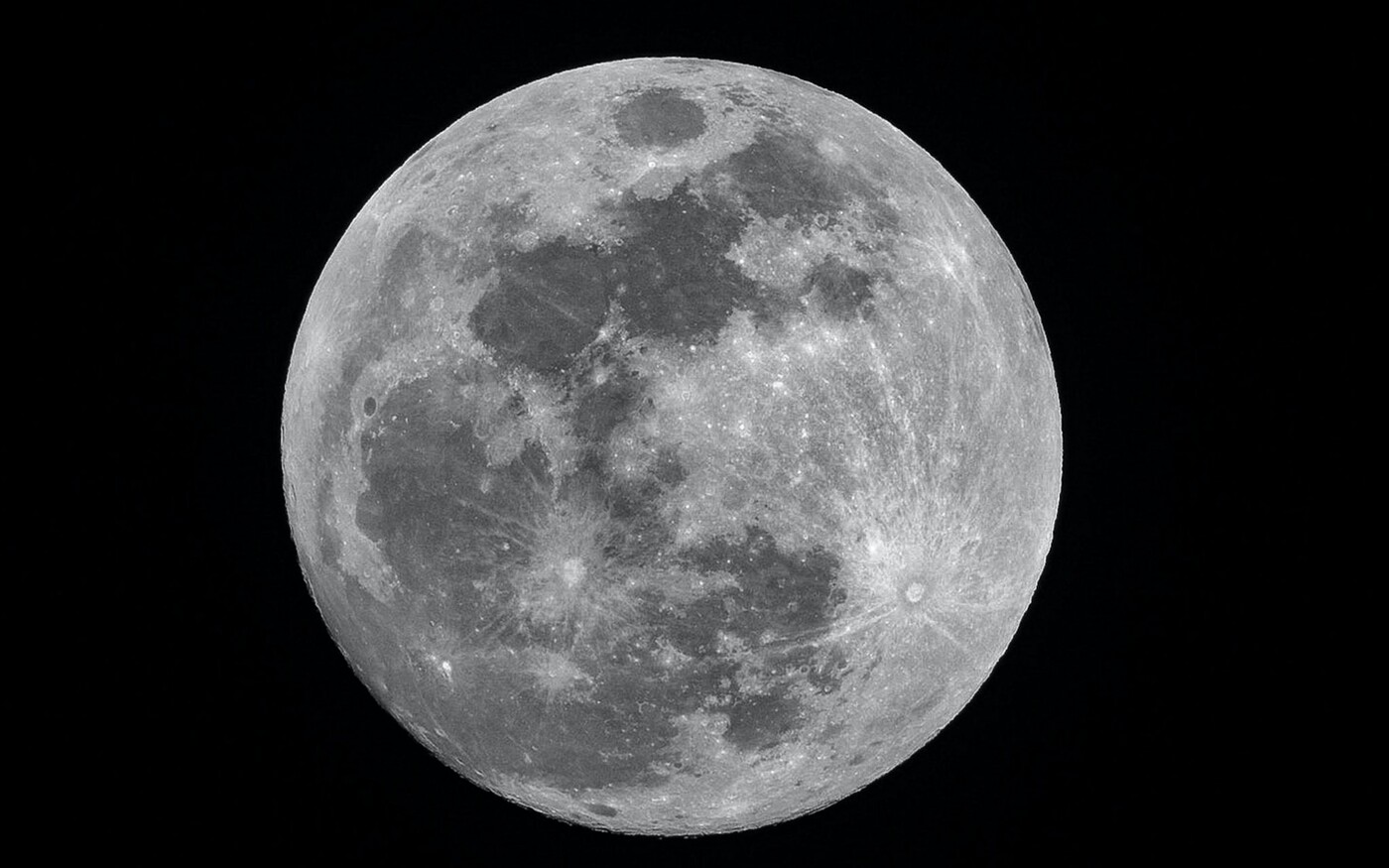A full moon occurs due to the Earth-Moon alignment when the Earth is directly between the Moon and the Sun. During this period, the entire surface of the Moon is visible from Earth. People have made connections between the full moon and human behavior over the years, but the scientific evidence is less clear.
One of the most common beliefs is that the full moon affects sleep and human behavior. Some research shows that some people may be more sensitive to the effects of the full moon, which can lead to sleep disturbances. However, scientists are still debating whether the full moon actually has a direct effect, or is the result of psychological effects and a placebo effect.
Some emergency services, such as police or medical workers, report an increase in the number of emergencies during the full moon. However, scientists are also cautious about these associations, as many of the numbers may be affected by other factors, such as night hours or alcohol consumption.
According to the current state of science, there is no convincing evidence that the full moon has a direct effect on the human body. Psychological influences, expectations, and other factors are much more likely than the position of the moon itself. Most beliefs about the effects of the full moon can be traced back to tradition and mythology, but from the point of view of science, these are less true.












































